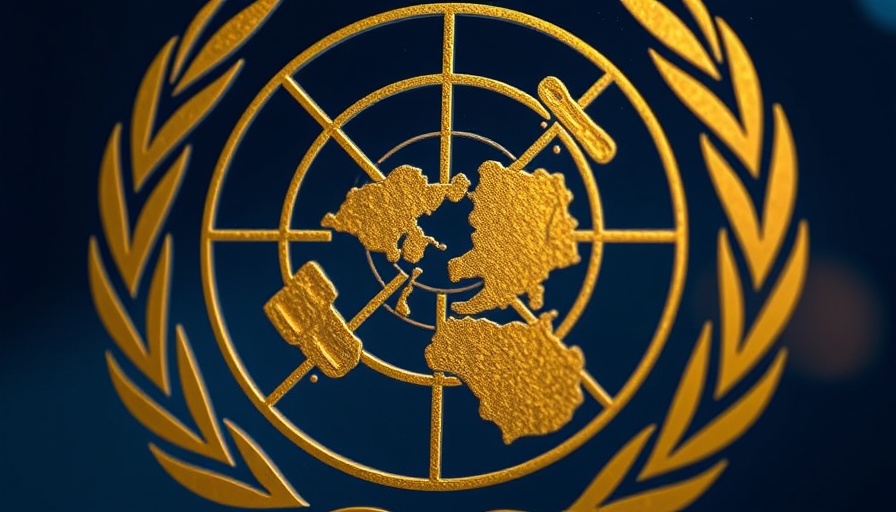
Redefining Humanity Through Faith: The Birth of a New Religion
Bryan Johnson's audacious concept of a new religion centered on the body as a divine entity may provoke more than just curiosity; it could inspire a paradigm shift in how we perceive longevity and artificial intelligence. The 47-year-old multimillionaire, known for his extensive regimen to combat aging, believes his 'Don’t Die' faith is essential in a world increasingly governed by advancing AI.
Aligning AI with Humanity: A Fight for Existence
Johnson's vision is rooted in the fear of an impending AI crisis—a phenomenon he describes as an 'event horizon' where humanity loses control over superintelligent AI systems. Johnson asserts that his new religion is more than a personal philosophy; it’s a community imperative aimed at ensuring human survival amid technological advancements. He passionately explains, "were it not for AI, I wouldn’t be pursuing these anti-death initiatives." This philosophical alignment with technological ethics starkly illustrates the intertwining of human existence and AI development.
The Elements of Creation: Founding a Religion
Founding a new religion isn’t just about creating a belief system; it encompasses a profound narrative. Drawing on historical figures like Buddha and Jesus, Johnson acknowledges that a compelling origin story is crucial for establishing credibility and connection with followers. “The question is: What is a modern-day religion, and how does it convince? It’s an open question for me,” he explains, highlighting the evolving nature of spirituality in a rapidly changing world.
Why Community Matters in the Age of AI
As people grapple with existential concerns brought about by AI, Johnson's 'Don’t Die' movement could foster a unique community aimed at shared survival experiences. By organizing human efforts under spiritual guidance, there exists the potential for collective strength in facing technological challenges. This is especially relevant given the significant time it may take to address aging—something Johnson suggests will require decades. The urgency to build a supportive framework that encourages teamwork and transformative thinking cannot be understated.
Engaging in the Conversation: What This Means for Future Generations
Johnson's initiative calls on individuals to engage thoughtfully with these concepts. As we find ourselves at the intersection of biology and artificial intelligence, his ideology may serve as a critical entry point into broader discussions about our future. Challenging societal norms about what it means to be human is no small feat, but with potential audiences eager for innovation, Johnson aims to make waves.
 Add Row
Add Row  Add
Add 




Write A Comment